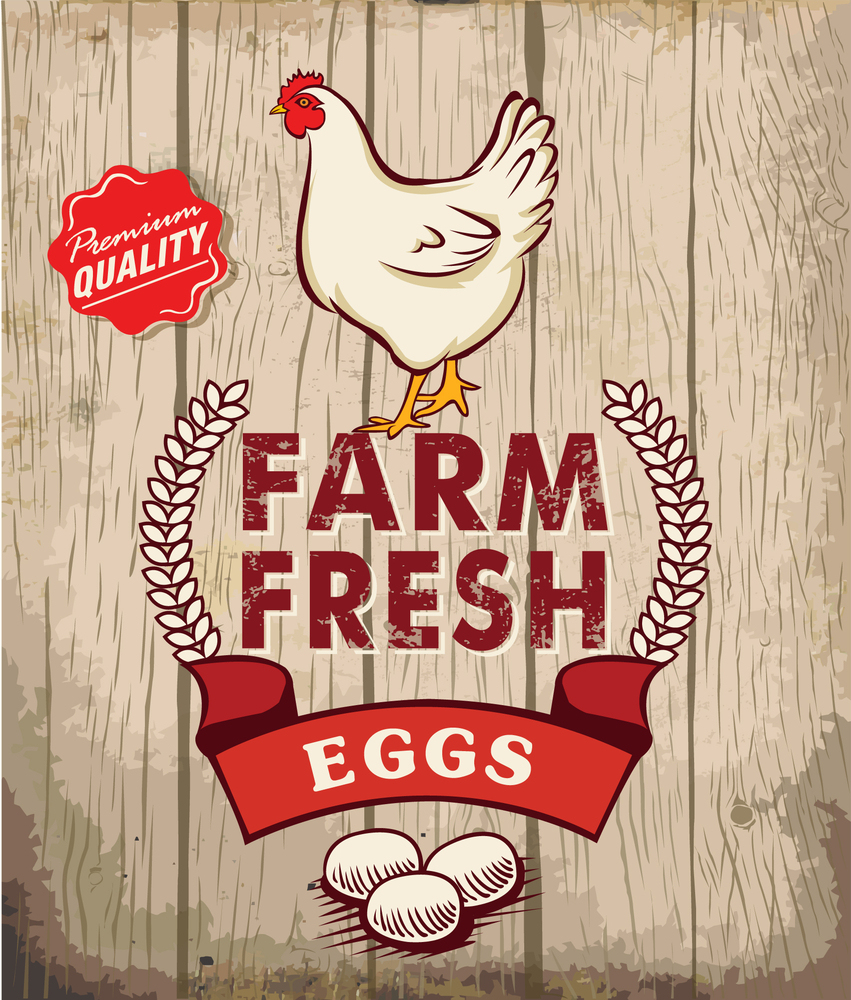New Year Resolutions: 6 Steps for Writing Content That Actually Ranks
The New Year is almost here and while you might be writing down some personal resolutions, how much effort have you put into some website resolutions? Let’s face it; Google has practically demanded all website owners to beef up their quality and stop fooling around, so your #1 resolution this year should be to take your website’s content seriously. Well, if you want to rank high that is. Content Strategies that Rank Websites We’ve drilled this concept into your head time and time again: content is crucial. But for the sake of being consistent we’re going to do it again. If you don’t have high-quality content, Google won’t rank you period. So if you’re ready to boost up your rank and (hopefully) increase your website’s earning potential, it’s time to take New Years to a whole new level with these critical steps for writing rankable (and bankable) content for 2014. 1. Create a Content Strategy…We’re Serious How many times have you seen the words “content strategy” from us? Well it’s clear: you need one. Everyone needs one. Even if you’re the best writer there is and you have the juiciest topics and greatest content, you still need a strategy. Think of it like you’re going to war. The search engine is the enemy, the competition is teaming up with the enemy, and now it’s time to find a way to take them both down. In a battle, would you just run full speed ahead and hope for the best (hopefully you don’t lose a leg…kind of like losing your search engine rank) or would you strategize so you keep your limbs (and your rank)? We’re thinking a strategy might be a good idea. We personally like our limbs…and our ranking. All right, so what’s a good strategy? A good content strategy is well thought out and it’s certainly not something you can write up in a day (if you did, you might want to review that one more time). Your website is unique, so we cannot give you the golden formula that tells you exactly what your strategy should say, but we can tell you what it should at least entail: You need goals. If you don’t have purpose when you write your content, you’re not really going to get results. Think of what you want before you write. Your unique selling point. Think about it. What makes your products sell? Why are you awesome? Only you know the answer to this and you had better use it to your advantage in your content. A defined target audience. If you don’t know whom you’re writing to, you’re not really going to reach them on a personal level now are you? We know you, that’s why you’re still reading this. These are the three critical things every content strategy needs. Audience Bloom has an article about how to write a “Kickass Content Strategy” and we highly suggest you breeze through it. 2. Show Your Audience You Actually Care Today’s audience is selfish and that’s OK. You should write to the audience and show them you actually care about your content. Be unique, fresh and actually give them something. When you dribble on and regurgitate the same old content out there already, you’re just telling your readers you’re too busy to show them you give a darn. It’s true. Sit down and take some time to write out your content. Give your readers some valuable insight that no one else has. You’re the industry and business expert, right? You know your products and you know stuff that the Average Joe or Jane doesn’t. Share it! Internet users want to learn and walk away from their computer screen feeling savvy. So, again, how do you show your audience you care? By writing high-quality, unique content By giving them something other than what they’ve already read 500 times By offering some real insight and value Think of the websites you follow. Do they teach you something? Do they give you something to walk away with and implement right away? You want your site to be just like that, so create content that gives to the reader and you will do just that. 3. Long-Winded is OK, If You Do It Right By long-winded we aren’t talking going on and on about nothing. That’s not good. However, the length of your on-page content needs to get a little fatter. Not just in quality, but in length too. Google wants more words on the page. While they’re not advertising how many words (keeping to their notorious reputation for being vague), the length seems to correlate with how Google ranks authority. Now, before you go off and write a 2,000-word blog about nothing, stop. Google feels a longer article or blog post showcases authority only if it has quality writing, value, and research. Filling a page with a wall of useless text is not authoritative and will not get you a high ranking with Google. According to WebDesignLedger.com, content with more than 1,000 words has a better chance for ranking higher. We think this is because Google looks at time and effort. When you take the time to do in-depth research, analysis and write up something that offers a multitude of value to the reader, it shows Google you’ve gone the extra mile. Since Google is all about quality, quality, quality, that extra mile means a higher rank. So, in 2014 try to sprinkle in a few longer posts — we’re thinking over 1,000 words will certainly do the trick. But, make sure each post is well researched, thorough and gives readers in-depth knowledge. 4. Stop Using Vanilla Headlines You obviously cannot smell through the computer screen, so we’re not talking about vanilla extract. What we’re talking about is boring, usual headlines. Headlines are in bold, but if the text isn’t as equally eye-catching, it won’t do your site much justice. Now, you’re probably asking what a headline … Read more



